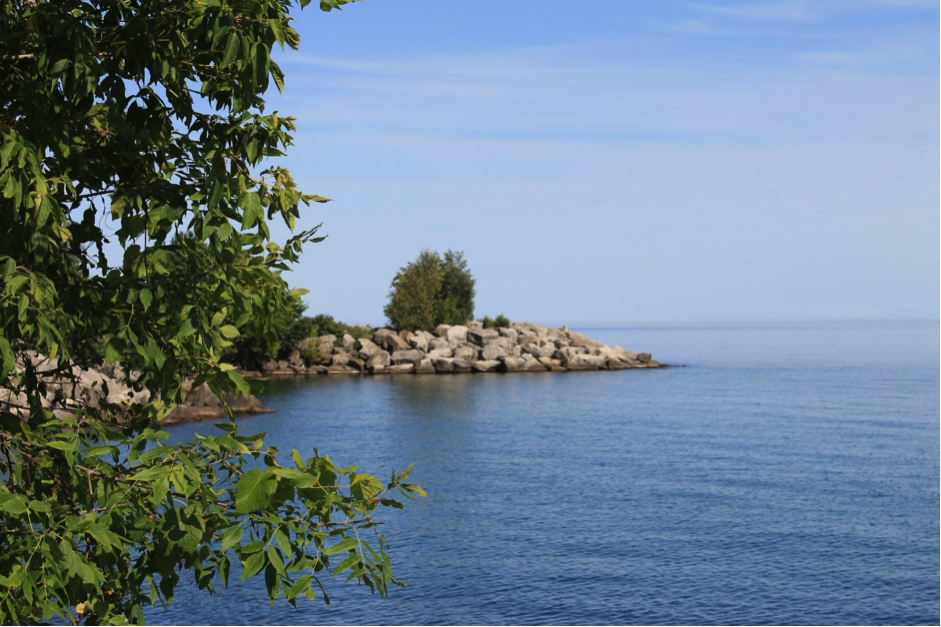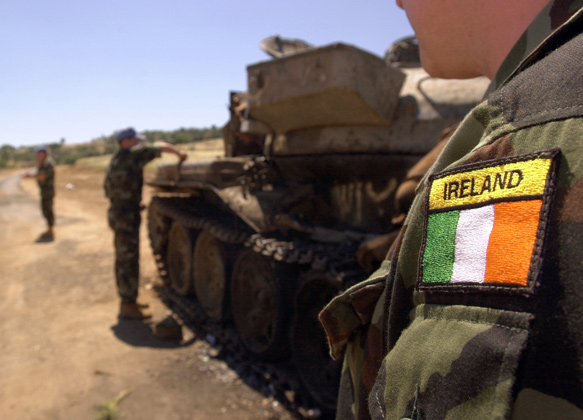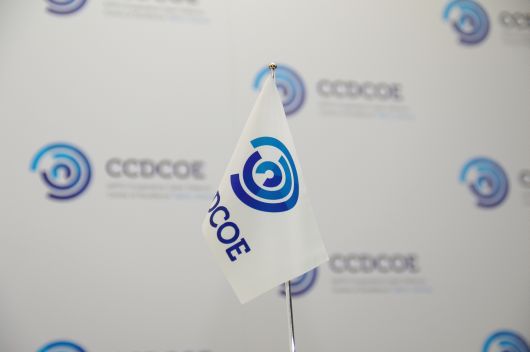Canada is a water abundant country with an estimated 7 percent of the world’s renewable freshwater supply for 0.5 percent of the world’s population. Canadians identify the country’s plentiful water resource as an important part of its natural heritage and consider water to be one of the most critical resources in the country. Thermal power generation, agriculture, oil and gas account for 86 percent of total water use. As Canada is a maritime country with more coastlines than any other country in the world, water security should be an important agenda item for Canadian leaders and policy makers. Canada’s Ocean Plan Protection program is the biggest investment ever made to protect Canada’s coasts and waterways. The plan aims to invest over 1.5 billion dollars over five years for water protection. The program will focus on preserving ecosystems, develop comprehensive systems in response to spills and engage in meaningful dialogue and negotiations with the indigenous populations.
Despite these efforts, a new poll from the Royal Bank of Canada revealed that Canadians are becoming increasingly worried with regards to the growing risk to the quality and adequate supply of clean water. The results of the survey followed a reversal of an executive order issued by former President Barack Obama in 2010. President Donald Trump introduced a proposed budget that would terminate programs and regulations that protect the Great Lakes. The executive order established under former President Barack Obama provided funds of $300 million a year. The funding was used for initiatives such as combatting invasive species and managing pollution. The Great Lakes contain roughly 20 per cent of the Earth’s fresh surface water and provides drinking water for 10 million Canadians. The increasing tensions surrounding the subject highlight the increasing insecurities felt by Canadians with regards to freshwater access. The insecurities of water is not only one that concerns Canadians, the concept of ‘water wars’ has long been prophesized by the global community and policy makers. Moreover, as water becomes a precarious and scarce resource, water disputes will have immense social and political implications. Water security has become one of the key topics discusses amongst policy makers as the world population increases and the effects of climate change begin to formulate. In terms of agriculture, the concerns are also worrisome. Agriculture accounts for 70 percent of all water use globally and the increase for agriculture will increase almost 20 percent to meet the 70 percent increase in food production required to accommodate the estimated 9.6 billion people by the year 2050. In most parts of the world, freshwater is already a rare resource. Freshwater constitutes only 2.5 percent of all available water on the planet and only 0.4 percent of this water is easily available for humans. With all this in mind, the percentage of potable water is in fact shrinking as a result of pollution and industrial use. This issue is only exacerbated by the fact that most freshwater bodies are shared by two or more riparian states such as the Canada and the United States. As the reserves shrink, the tensions between riparian states risk increasing. The concept of water wars is not new. The first water war occurred 4,500 years ago in modern day Iraq over the Tigris River. However, with a steady growing population and climate change, water insecurity will fuel future wars and spats between nations.
Water insecurity is a result of several challenges. Firstly, the certain states have the advantage of geography. Access to freshwater is unevenly distributed and as the resource becomes scarcer, countries with easy access to freshwater will undoubtedly securitize their water. In International Relations, the theory of securitization is when state actors frame subjects and issues in relation to the survival of the state. As the securitization of terrorism or immigration, a strain on the state such as water insecurity will prompt securitization.
Secondly, the effects of climate change threaten to only make the situation worse with an increase of floods and draughts. Finally, whatever fresh water we do have access to, is usually polluted from pesticides, fertilizers, and heavy metals. With all these factors compounded, water insecurity and water wars will become a serious agenda item for policy makers and heads of governments. On top of these global challenges, Canada also faces its own issues with water security. One challenge is Canada’s aging water infrastructures which has led to water contamination and would 51 billion dollars to replace.
Water insecurity has been drivers for conflict in Yemen, Syria and Iraq. There are regular protests in Iraq due to water insecurity and lack of access. On December 5th, protestors in Basra Iraq stormed the governor’s office demanding access to basic necessities such as water. As water becomes scarcer, the probability for conflict will increase. Additionally, water insecurity/water wars will also cause large masses of human movement and migration. For a country like Canada with an abundant supply, the effects of water insecurity could manifest by securitizing our water, increased with the United States as we have binational waterways, mass migration from arid countries. However, as aforementioned, Canada has a series of its own issues regarding water, despite the abundant amount.
Featured Image: Lake Ontario – http://www.greatlakestoday.org/topic/lake-ontario
Disclaimer: Any views or opinions expressed in articles are solely those of the authors and do not necessarily represent the views of the NATO Association of Canada.




